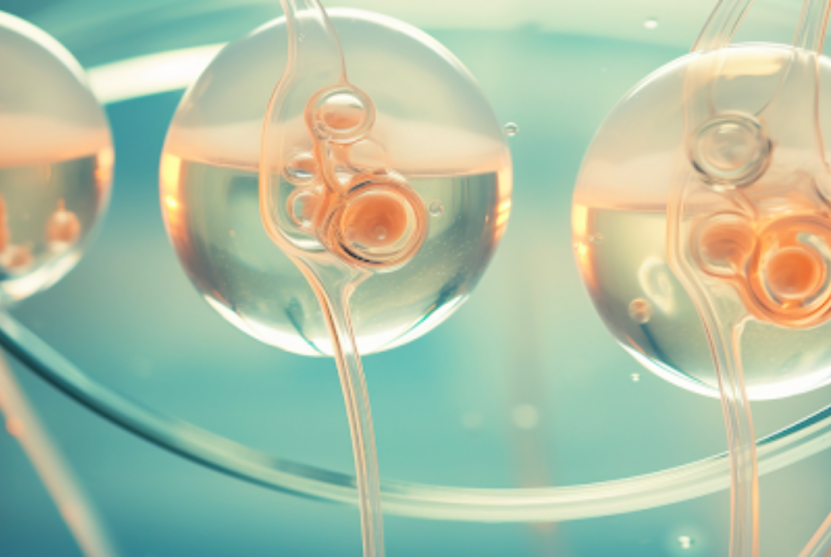October 31, 2023
Supporting LGBTQ+ Family Building: Fertility Options And Considerations

In a world that celebrates love in all its forms, LGBTQ+ family building and planning has emerged as a powerful testament to the profound bonds that connect individuals, couples, and families. The journey to parenthood for LGBTQ+ individuals and couples is a unique journey that offers many options and considerations.
LGBTQ+ Family Building
Island Reproductive Services recognizes the diverse reproductive options available to LGBTQ+ individuals. We understand that your path to parenthood involves unique medical and emotional challenges. We are here to offer our guidance and support every step of the way. Continue reading to learn more about LGBTQ+ family building, including donor IUI, IVF, Co-IVF, Gestational Carrier, and Surrogacy (with IUI or IVF).
Donor Insemination (IUI)
Donor insemination involves the use of an anonymous or directed sperm donor. Anonymous donor sperm is purchased from an unknown sperm donor from a licensed sperm bank. Directed donor sperm is obtained from a known male who agrees to allow the use of his sperm without being the legally intended parent. Donor IUI is often used for lesbian couples, cis-gender/trans-couples, or for single women. It may also be used for infertile couples who are unable to conceive due to severe male factors, azoospermia, or when a male carries an abnormal heritable genetic trait.
All certified sperm banks must meet and adhere to federal requirements for donor screening for infectious and sexually transmitted diseases. Many sperm banks screen donors for autosomal recessive genetic traits. Island Reproductive Services is not a licensed sperm bank and cannot provide you with donor sperm, but we can accept donor sperm from any licensed sperm bank for your use.
Co-In Vitro Fertilization (Co-IVF)
Co-in vitro fertilization (Co-IVF) is a fertility treatment that allows both partners in a same-sex female couple to participate in the pregnancy process. Egg sharing in female couples can be used to allow the dual participation of female couples in the pregnancy process. The oocyte donor-partner provides the eggs, and the recipient partner provides the uterine environment for gestation. This allows for a shared experience. In a future treatment, partners may switch roles to allow both partners to eventually participate in each aspect of the process.
Gestational Carrier
A gestational carrier involves using a woman to carry a pregnancy and deliver a baby while using another woman to serve as the egg donor. This is a common treatment for male same-sex couples or a single male looking to build a family. In this treatment, the woman carrying the pregnancy is not genetically linked to the pregnancy. Ideally, a gestational carrier is a non-smoker who has already started or completed her family, is free of medical problems, has an appropriate evaluation of her uterus, and has been screened psychologically. If a gestational carrier is used for a male couple, that couple may choose to use the sperm of one or both partners to help create a family of their genetic choosing.
Surrogacy
Surrogacy is a treatment where the woman carrying the pregnancy is also the source of the egg. Although surrogacy can be achieved through both IUI and IVF, it is more commonly used in conjunction with IVF. Surrogacy, especially when the surrogate is not a known acquaintance or relative of the intended parent(s), presents different medical legal challenges. For this reason, a gestational carrier is often the preferred treatment.
Learn More With Island Reproductive Services
Allow us to be your partners in building the family you’ve always dreamed of. Your path to parenthood is unique, and we’re dedicated to helping you navigate it with care and compassion. Contact the Island Reproductive team today at (718) 948-6100 to learn more about LGBTQ+ family building.

